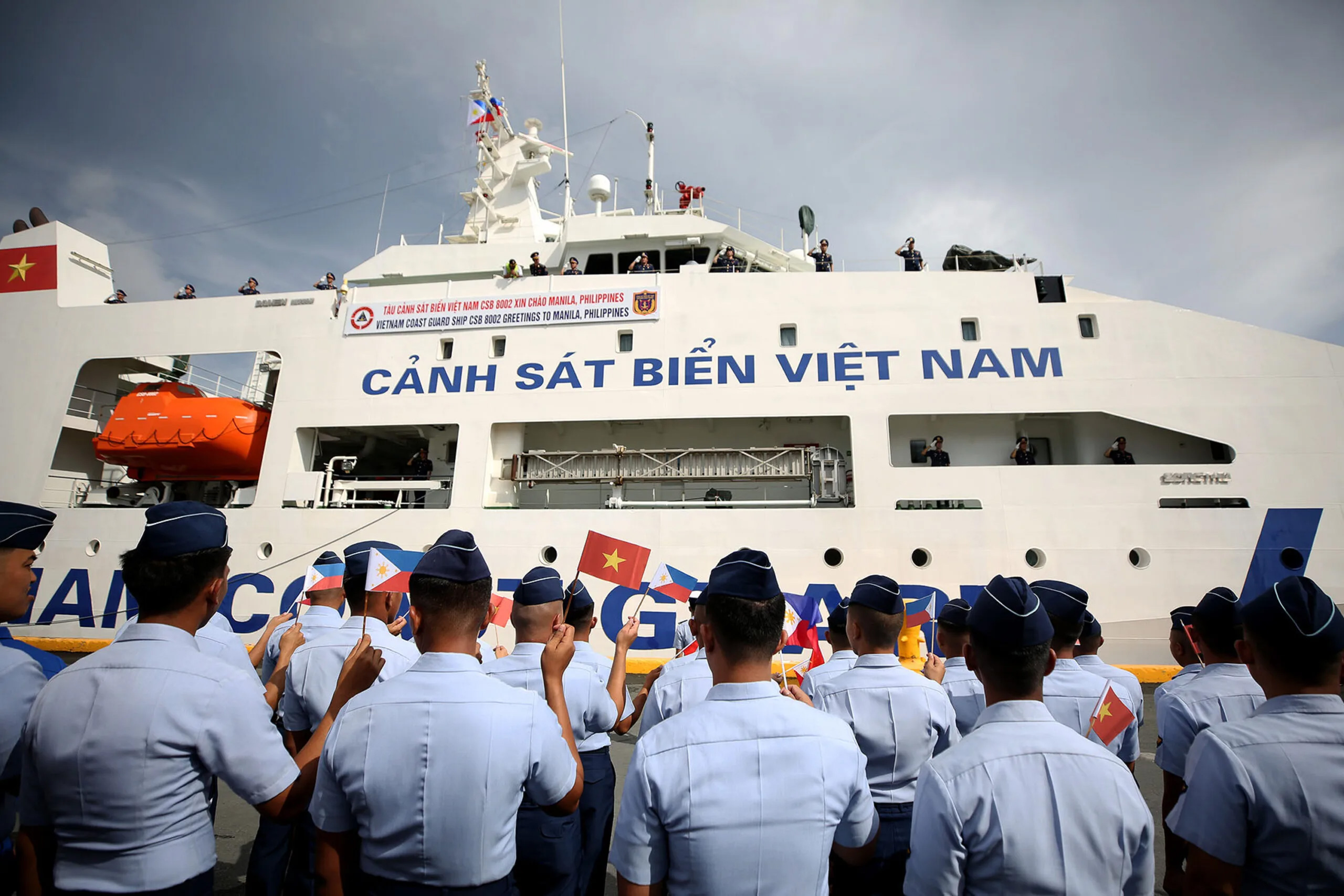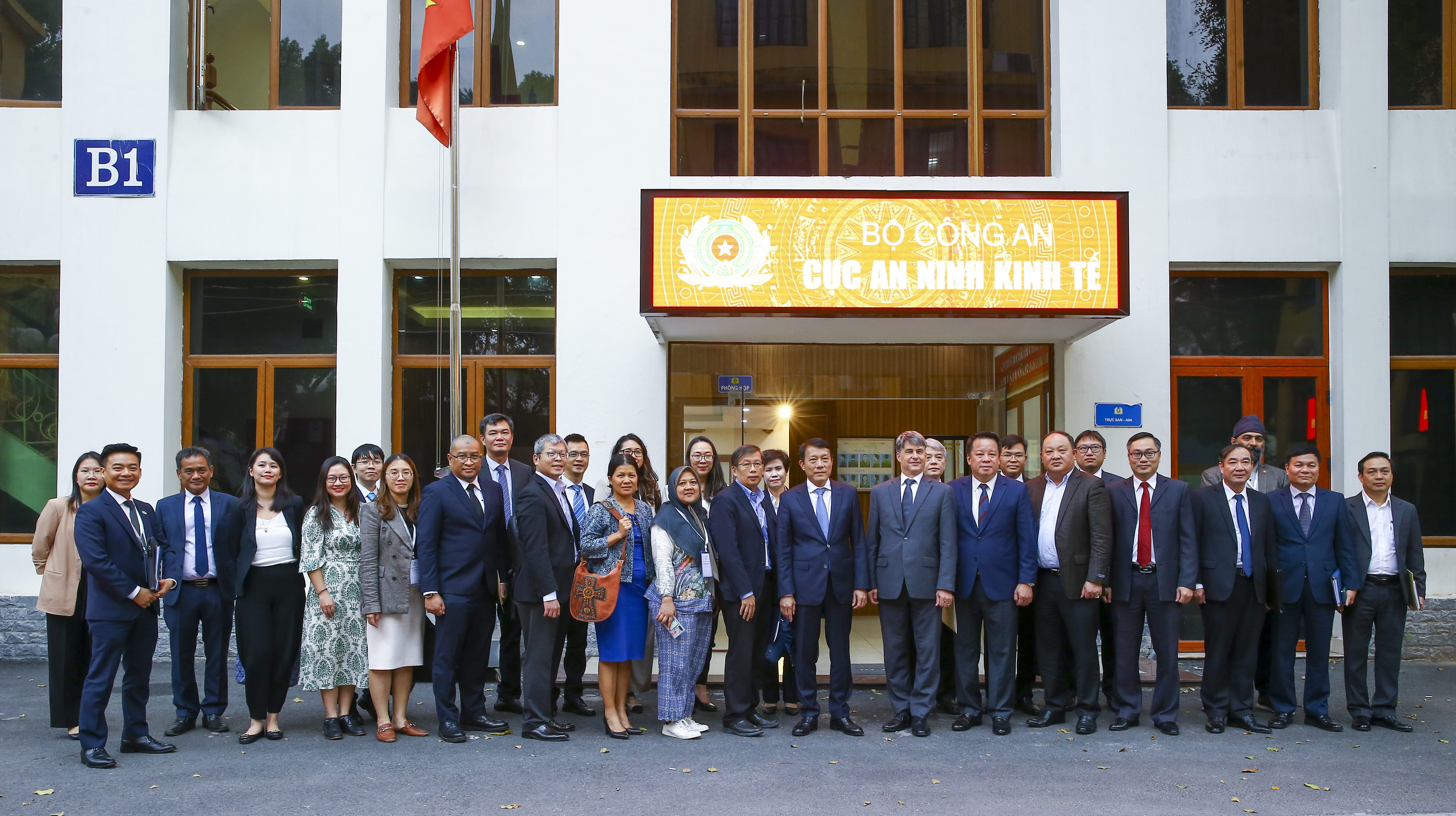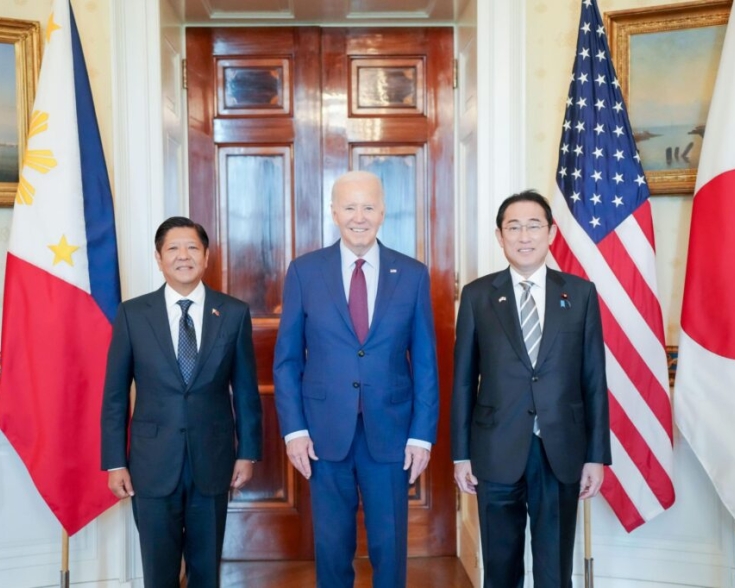Vietnam pursues multilateral security cooperation, exercises maritime restraint

On August 5, Vietnam sent a Coast Guard vessel to conduct joint maritime patrol exercises with the Philippines. The two countries previously agreed to hold talks to resolve their bilateral disputes and demonstrate a united front in the South China Sea. Yet these developments belie diverging strategies between the two countries. While the latter recently had open verbal spats with China, Hanoi has instead opted to tone down its rhetoric and minimize conflict, deploying only civilian and coast guard vessels rather than its navy to monitor contested waters. It also restricts media coverage on the dispute, allowing for private negotiations outside of public scrutiny.
Instead, Vietnam has opted for a quiet but steady buildup of its defense capabilities. The country is poised to increase its land reclamation in the South China Sea by more than 1000 kilometers, more than any previous year. This expansion will enable Vietnam to deploy more manpower, ships and radar/radio systems. It is also pursuing a multilateral security policy. After announcing a Comprehensive Strategic Partnership (CSP) with Australia in March, Vietnam now has CSPs with all 4 QUAD members plus Korea – each with their own defense cooperation measures. These range from Japan’s recent provision of supply transport vehicles and technology transfers, to an India-supported army software park, which will provide IT and language training to Vietnamese defense forces.
The events reflect Vietnam’s quiet but steady efforts to build up multilateral partnerships and improve its maritime force projection capabilities. Such an indiscriminate strategy may allow for strategic flexibility and a broader range of partnerships.






